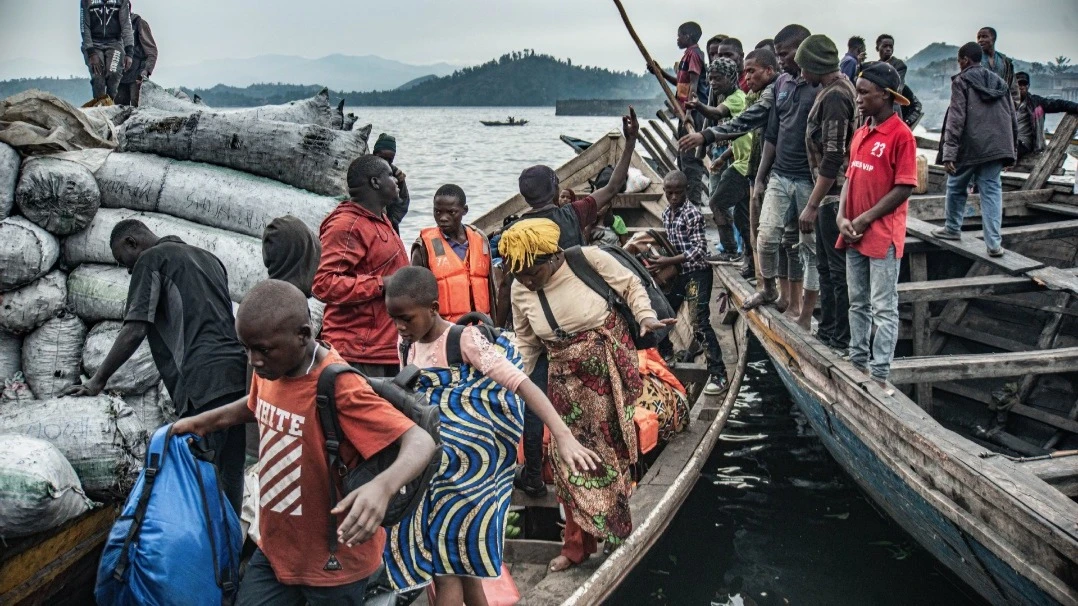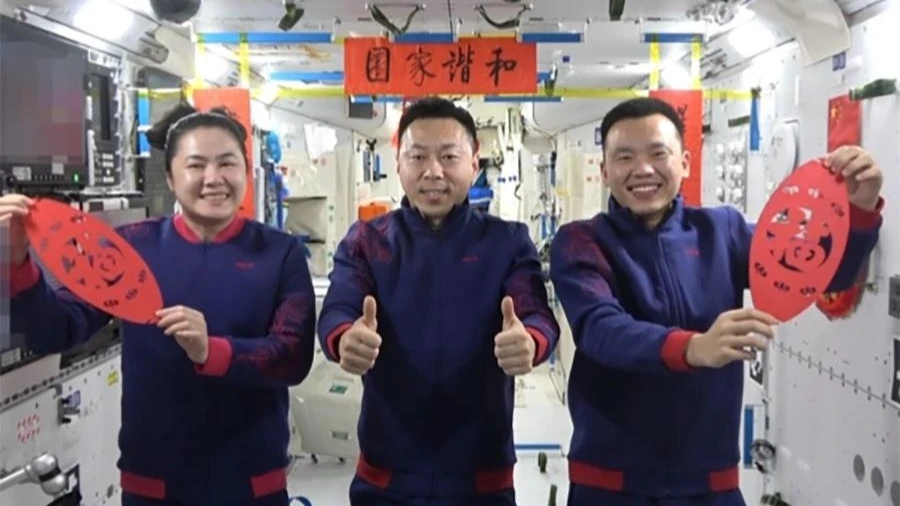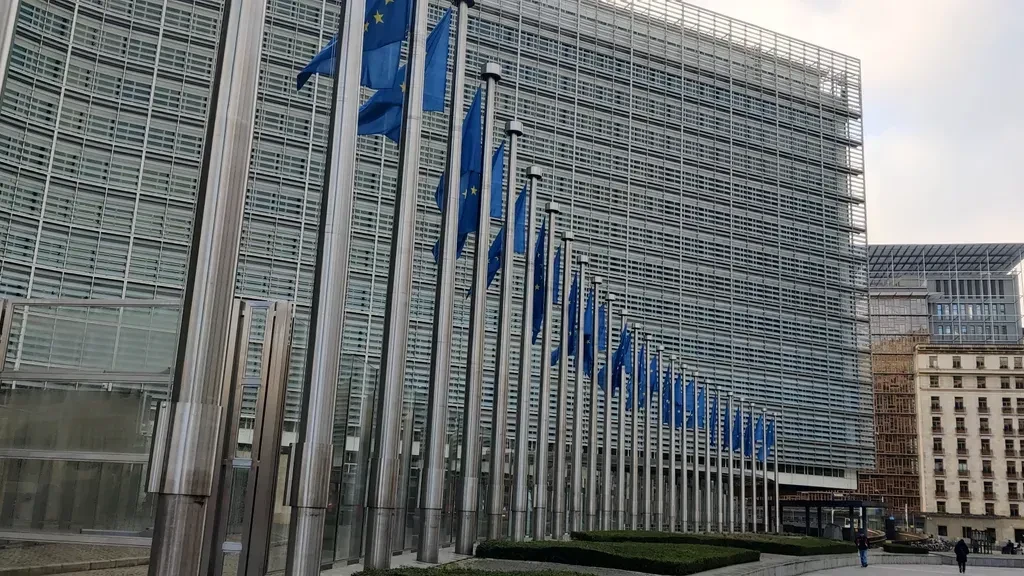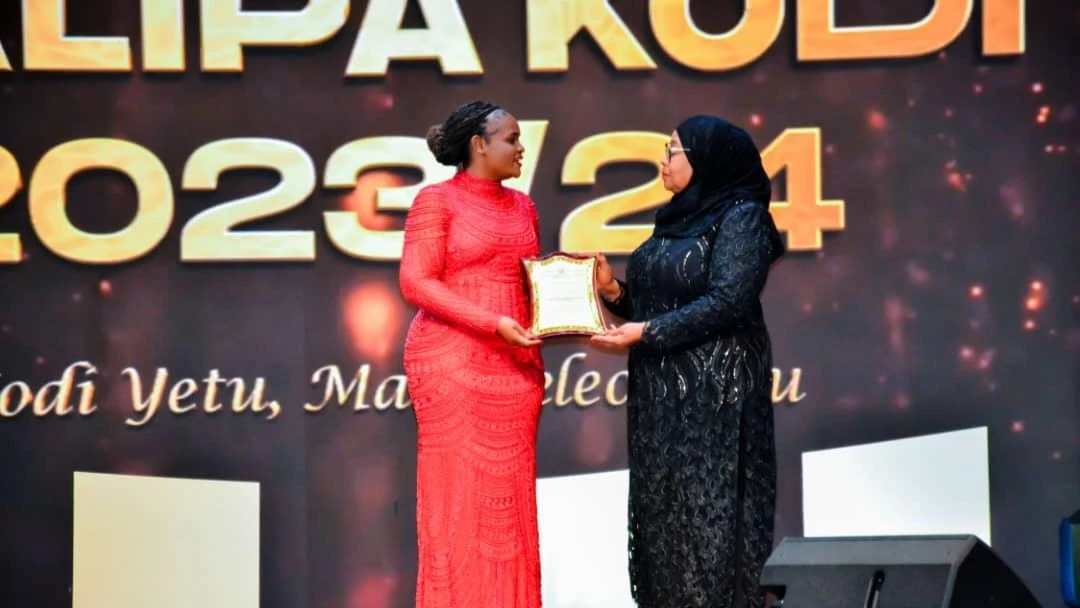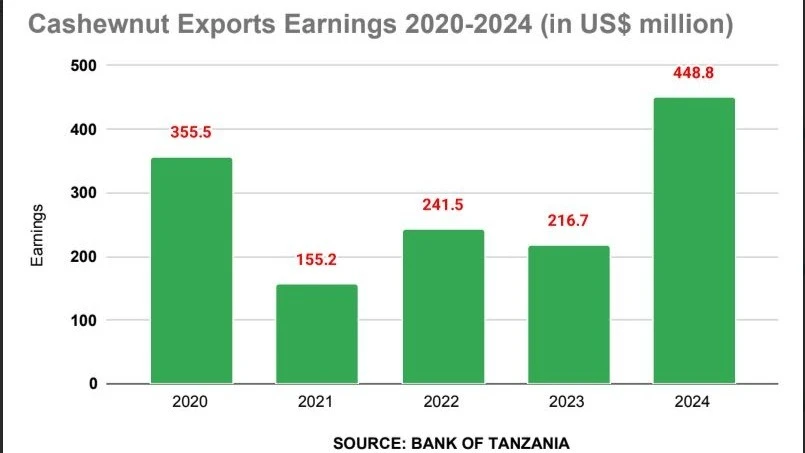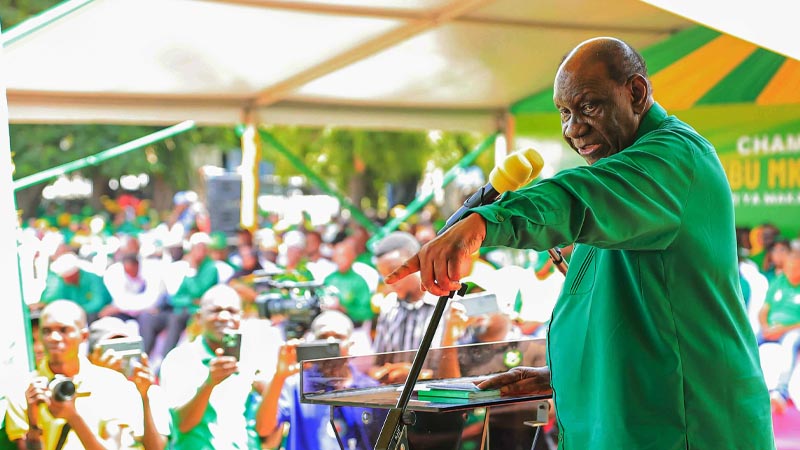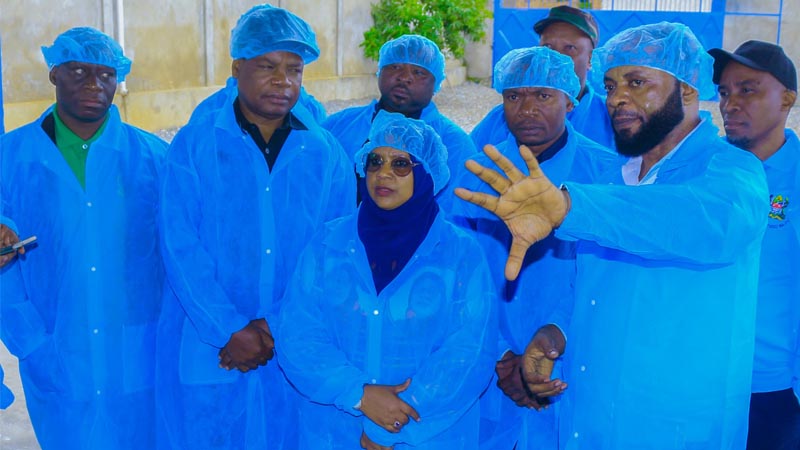Forest conservation: Villagers in Tunduru district benefits from selling carbon credits
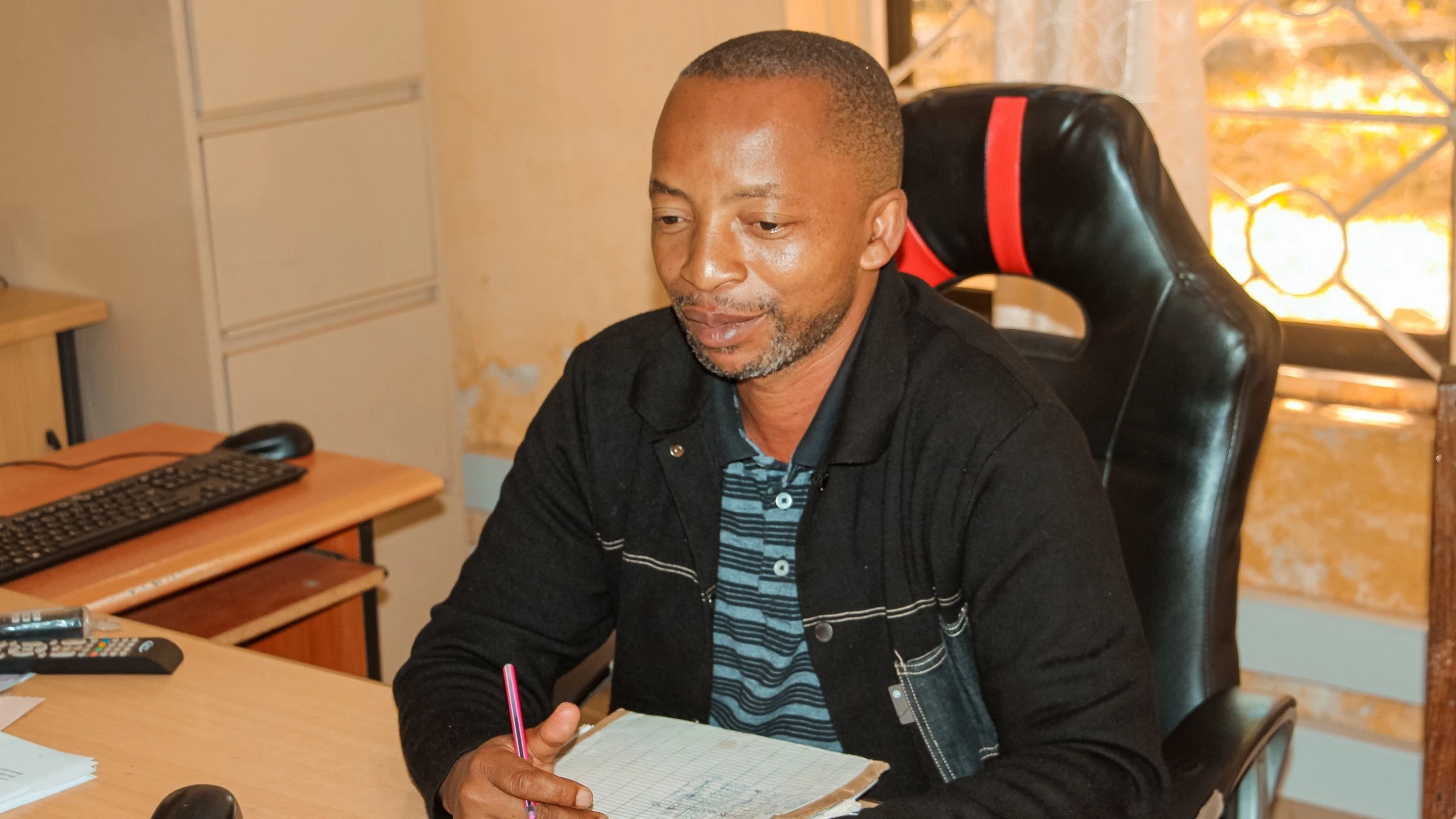
THE government launched the National Carbon Trading Guidelines in 2022 aimed to guide international, regional and national stakeholders engaging in carbon trading projects.
About 35 applications for carbon trade projects were received in the country by the end of December 2023, according to data from the Ministry of State in the Vice President’s Office responsible for Union and Environment.
As carbon credit trade thrives, villagers in many parts of the country have been motivated to venture into the business by deliberately deciding to allocate village forests that are fully protected. One of these villages is in Tunduru District, Ruvuma Region with 11 village forests measuring 97,200 hectares.
The forests are owned by villagers in respective villages whereas the district council supports them through provision of forest conservation education, and protection of natural resources. The district authority helps the villagers to ensure protection as well as harvesting of forest products are conducted in accordance with the country laws.
So far, 11 villages in Tunduru District have started to benefit from carbon credit trade after entering into a contract with an investor—Carbon Tanzania and others.
The villages have also established Wildlife Management Areas (WMAs) to ensure they reap more benefits from forest conservation activities. The villages are, Marumba, Molandi, Misyaji, Mpanji, Mkandu, Machemba, Legeza Mwendo, Chajila, Nampungu, Kitalo and Mbatamila.
Tunduru Acting District Executive Director, Bosco Mwingira said villagers started to engage in carbon credit trade during the 2023/2024 financial year and have already started to benefit from business whereas the district received 44m/- which was allocated for implementation of projects such as improvement of road infrastructures and education
“We have just started to engage villagers in carbon trade; the monies received were also given to involved villages. We appreciate the investor—Carbon Tanzania as they have signed contracts with the two WMAs in 23 villages,” said Mwingira, adding the district continues to provide environmental and forest conservation education to the villagers.
Tunduru District Forest Officer, Abdalah Khamis said the district has national forest reserves as well as 11 village forest reserves. He said the district works closely with stakeholders including non-governmental organizations in promoting conservation whereas villagers are also assisted to allocate and manage the forests.
Khamis said that all the forests in Tunduru district are protected and located from human settlements, something which reduces encroachment.
“These villages have their committees that are responsible for management of natural resources. Through the committee, villagers conduct patrols to ensure no illegal human activities conducted in the forests,” he added.
On carbon trade, the officer told the Guardian that most of the villages are yet to get investors, leaving alone those who have formed Wildlife Management Areas.
He however explained that other villages are getting interested with the trade as they have so far received some requests from a number of villages that want to formally allocate village forests to start benefiting from carbon trade.
He said villages such as Majimaji and Chalinze have finalized all the processes and that they are waiting for further actions from district authorities.
Acting Chairman, Machemba village, Mohamed Lilundu said that in 2022 villagers resolved to establish the Chingoli WMA to further benefit from the various forest products including the carbon credit trade.
Lilundu said: “We are now seeing the benefits of forest conservation; we have received 4m/- from the investor. We used the money to improve the learning environment at our primary school. We constructed a classroom and bought desks, some funds were directed towards construction of the village office building.”
Villagers are in support of forest conservation activities because they are seeing the benefits, he added, noting that in the past two years they also harvested some forest products whereas the funds were directed on development projects.
“We used the funds to purchase desks and construct pit latrines at Machemba primary school,” said the acting village chairman, expressing optimism that more funds of up to 200m/- will be received at the village in coming years.
He said Machemba village has allocated some 4,612 hectares, equivalent to10 percent of the village area as a village forest.
Chairman of Liwangula village, Ausi Ching'andilo said the village forest in his area measures 6,420 hectares, and harvesting is done in accordance with the set laws and regulations.
Anafi Ally is the Chairman of Mkandu village, he said the village signed a contract with the investor—Carbon Tanzania.
He said they have joined the Chingoli WMA to ensure they reap more from both carbon credit trade and harvesting of forest products. He said the village got 1m/- from selling forest products which have been used to make bricks for construction of a village market.
“Through carbon trade, we received 3m/- this year of which 1.6m/- was used to purchase 30 desks for Mkandu primary school while the remaining 1.4m/- was used to complete construction of the village dispensary building,” said Ally, noting that the central government has also provided them with 50m/- for roofing of the building.
John Chikomo, Executive Director, Journalists Environmental Association of Tanzania (JET) commended the villagers for establishing WMAs, saying they will in future reap more money from various tourism activities. He was concerned that villagers in northern regions are already benefiting from tourism activities through establishment of WMAs.
“Tanganyika District in Katavi Region is getting a lot of funds from carbon trade. I am happy that you resolved to preserve your forests because the benefits are immense,” he stated.
Chikomo added that support like interventions by the German Development Agency (GIZ) through the German Government (BMZ) through its Mitigation of Human Wildlife Conflict in Tanzania project also helps in enhancing conservation activities in the Ruvuma landscape.
Recently, Minister of State in the Vice President’s Office responsible for Union and Environment, Dr Selemani Jafo said the government is now eyeing to register carbon trade projects worth $1 billion (2.4trn/-). About 35 applications for carbon trade projects have been received by the end of December 2023.
Jafo said the government received 32bn/- between 2018 and 2022 from carbon trade projects implemented in different local councils.
In the carbon trade, the payment is made after carbon credits accumulated from forestry protection have been sold to the voluntary carbon market.
High-quality certified carbon credits are generated by protecting the forest reserves with the expertise and support of an investor who normally enters into contracts with village governments.
The contract requires the village communities to engage with the company in protecting their forests. By stopping deforestation, the communities are contributing to the global fight against climate change.
When forests are cut down, carbon dioxide is released into the atmosphere, but on the contrary, prevention measures result in emission reductions measured as carbon credits. The company then sells the credits on the voluntary carbon market, therefore providing communities with access to the global financial system.
Globally, carbon credits are issued and regulated by the United Nations Framework Convention on Climate Change, a UN body set up in 1992 to catalyse the global response to threats brought about by climate change.
Top Headlines
© 2025 IPPMEDIA.COM. ALL RIGHTS RESERVED












